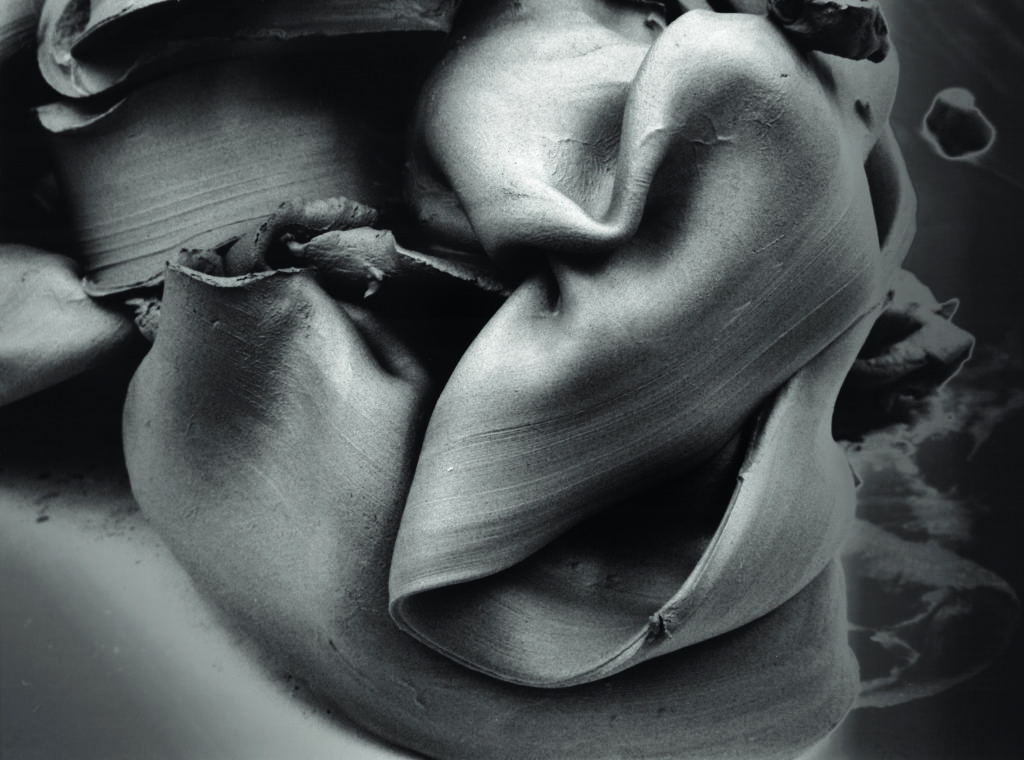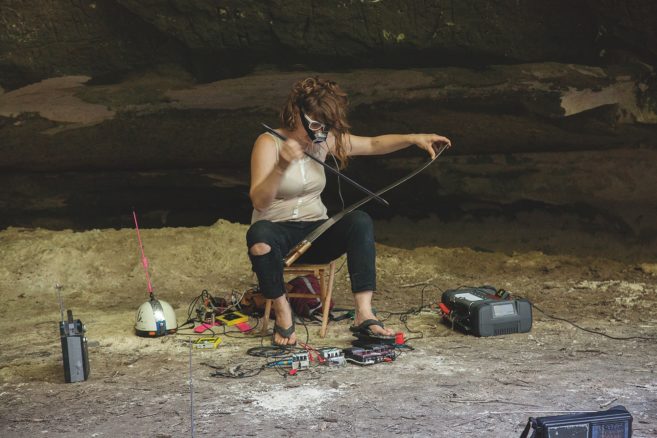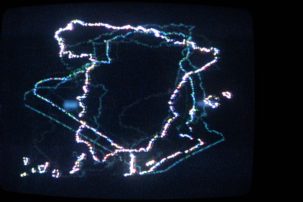In the system of four-letter words, care is short of love, but just beyond work. As an idea, it is both heavy, as in dragged down by sentimentality, and light, as in made stubbornly ephemeral to the history of thought. Care isn’t a thing, but a relation, and as a relation, it adheres to the history of being unmentionable or mentioned mostly as an enforcement of its unmentionable matters-of-fact. Care joins, too, all those other words we might not want to say, words we avoid when we are afraid to call our adventure by its own name, afraid to endorse the debts incurred by suffering by lending them vocabulary.
Care is necessary, elusive, maligned, violently sentimentalized, exploitatively structured and coercively deployed. In books, it mostly appears in the apparatus. Any author’s dedication page reading “for my devoted wife” is a novel about care never written. Care’s resistance to representation has a foundation, too, in the inevitabilities of memory. Moments in our lives of epic vulnerability are also moments in which our memory is often laid low. Infancy, debilitating illness and senility are redacted from our episodic memory as a kind of cognitive mercy rule, and it’s the moments in which we cannot remember care that we have the most need for it.
In the first century, a story about care showed up in a book called Fabulae written by Gaius Julius Hyginus, a writer so bad his modern editor called him “an ignorant youth, semi-learned, stupid.” It survived via schoolboy’s notebook, then was recorded into a monk’s Beneventan script around 900. In 1535, the monk’s manuscript was printed but was ripped apart soon after, only to return when Heidegger retold it. Now I will tell it again.
The goddess Care came to a river. Bored, she sat down on its bank to play around with clay. She formed a head and two arms and two legs. She stared at her artwork almost satisfied. Then Jove came by, and she asked him to breathe on the figure. He did and gave the figure life. Then the two Gods began to quarrel. Care believed that since she made the figure, it ought to be named Care, and Jove thought since he had given it spirit, it ought to be called Jove. Finally, the earth heard them arguing, rose up, and said they were both wrong, that the figure ought to be called her name—Terra—because she had provided her body as a raw material. So the three gods asked Saturn to help them sort it out. Because Jove gave the figure its spirit, Saturn said that when it died, Jove could have its spirit back. Since Terra had given her body as raw material, upon death, the body would return to her so she could do with it what she wanted. But because Care was the one who had first fashioned this figure, it would be Care that would possess it all its life. And so it was that care became that relation that persists between body and spirit, between birth and death—its ongoingness a sometimes poor reward of having been born, and also its opportunity.

 Chris Curreri, Untitled
(Clay Portfolio),
2013. Fibre-based gelatin silver print. Courtesy Daniel Faria Gallery.
Chris Curreri, Untitled
(Clay Portfolio),
2013. Fibre-based gelatin silver print. Courtesy Daniel Faria Gallery.







